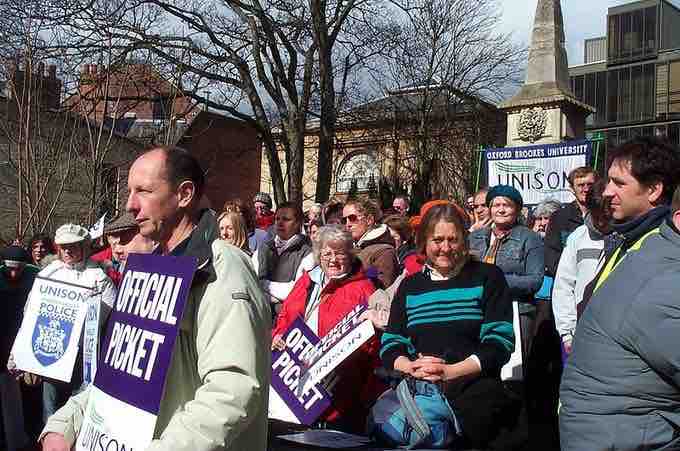Power is frequently defined by political scientists as the ability to influence the behavior of others with or without resistance. The term authority is often used for power perceived as legitimate by the social structure. Power can be seen as evil or unjust, but the exercise of power is accepted as endemic to humans as social beings. The use of power need not involve coercion, force or the threat of force. At one extreme, power closely resembles what English speakers call "influence", although some authors make a distinction between the two.
The sociological examination of power involves discovering and describing the relative strengths: equal or unequal; stable or subject to periodic change. Sociologists usually analyze relationships in which parties have relatively equal or nearly equal power in terms of constraint rather than of power. Thus power has a connotation of unilateralism. If this were not so, then all relationships could be described in terms of power, and its meaning would be lost.
Power may derive from a number of sources, including social class (material wealth can equal power), resource currency (material items such as money, property, food), personal or group charisma, ascribed power (acting on perceived or assumed abilities, whether these bear testing or not), social influence of tradition (compare ascribed power), etc.
People use more than rewards, threats and information to influence others. In everyday situations, people use a variety of power tactics to push or prompt others into particular action. There are many examples of power tactics that are quite common and employed everyday. Some of these tactics include bullying, collaboration, complaining, criticizing, demanding, disengaging, evading, humor, inspiring, manipulating, negotiating, socializing and supplicating. Recent experimental psychology suggests that the more power one has the less one takes on the perspective of others, implying that the powerful have less empathy.
Powerful people are also more likely to take action. In one example, more powerful people turned off an irritatingly close fan twice as much as less powerful people. Researchers have documented the "bystander effect" and found that powerful people are three times as likely to first offer help to a stranger in distress.

A rally of the trade union UNISON in Oxford during a strike
Labor unions attempt to bring more balance into the relationship between employers and employees by forming large coalitions of employees who, by working together, can exert power of their own.